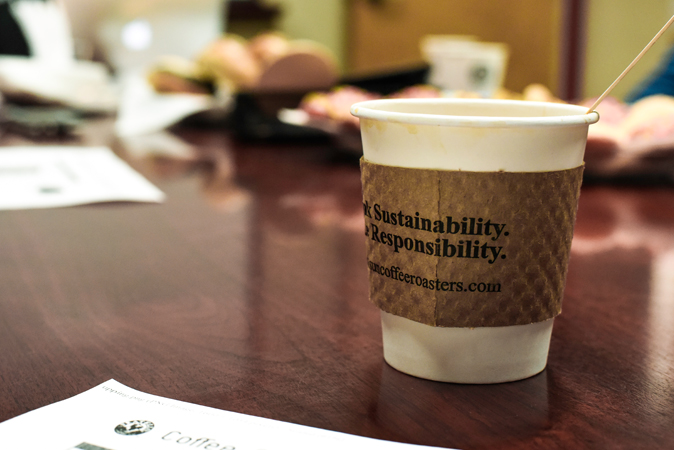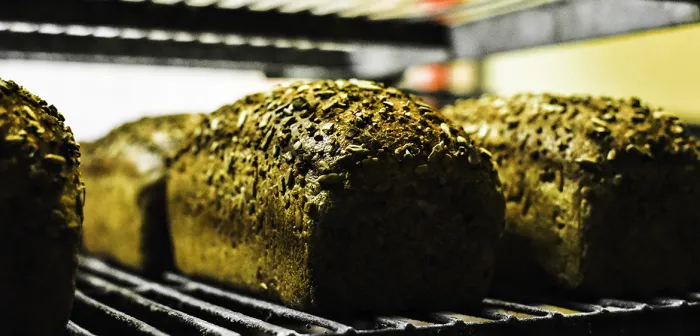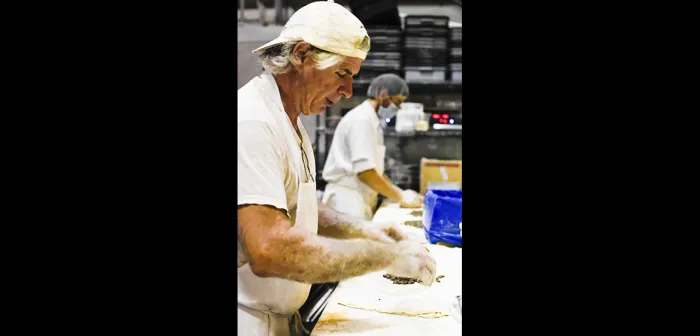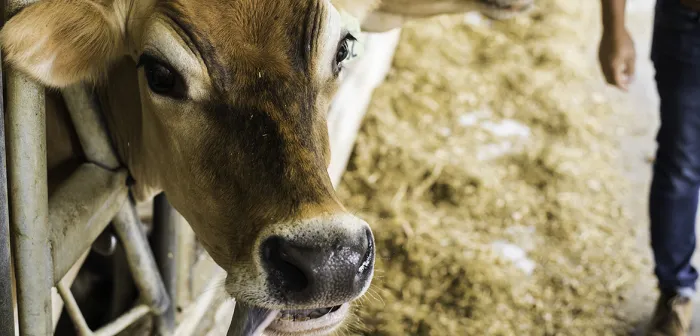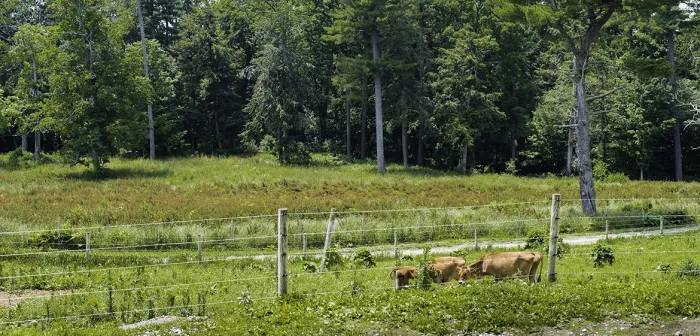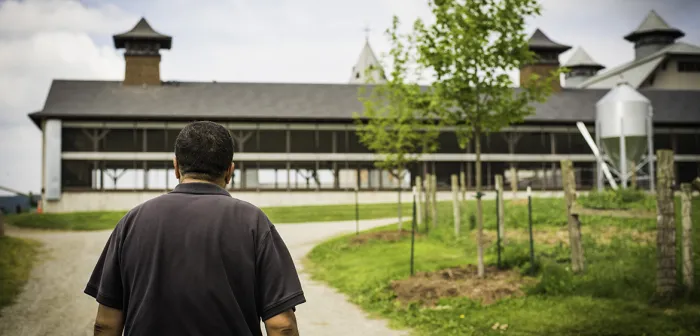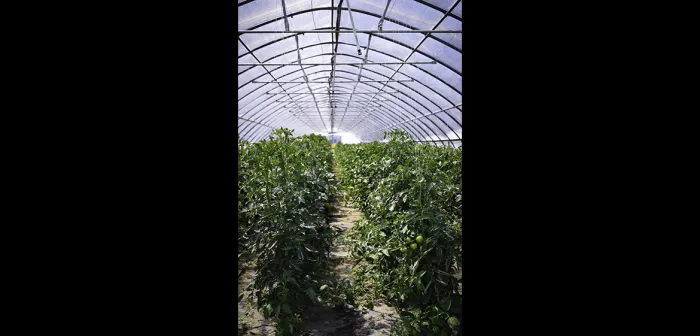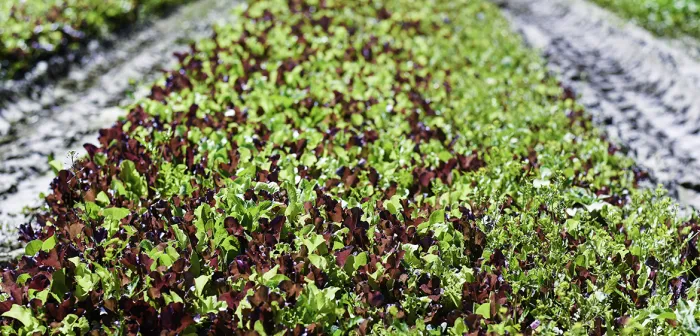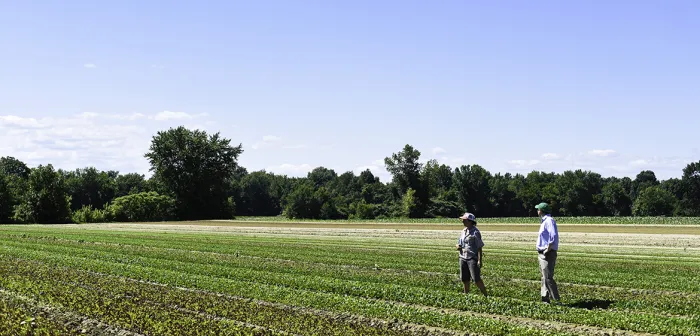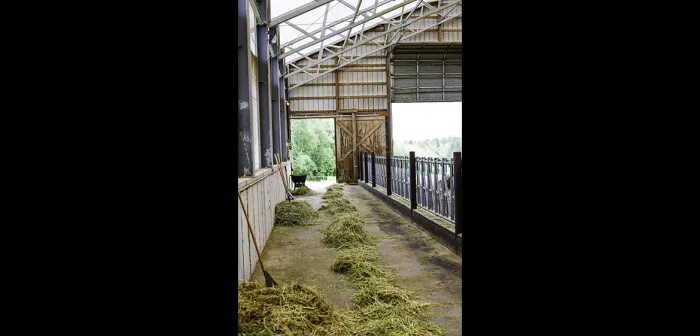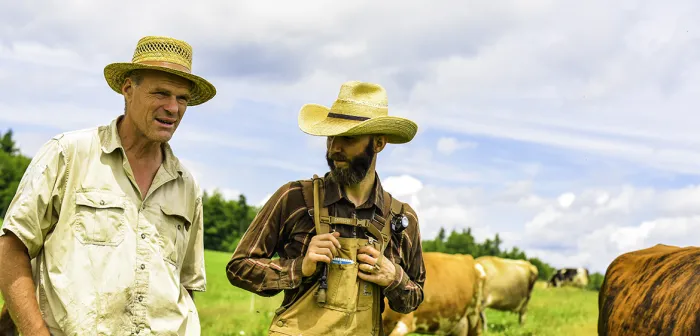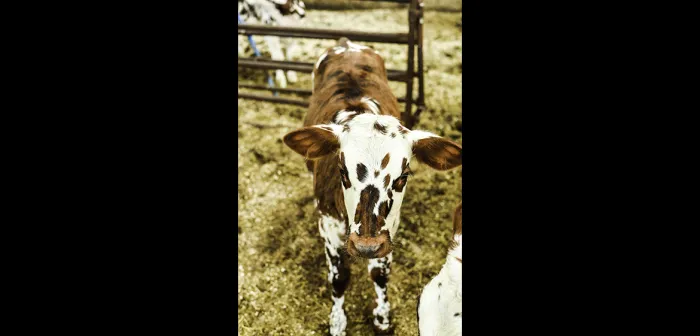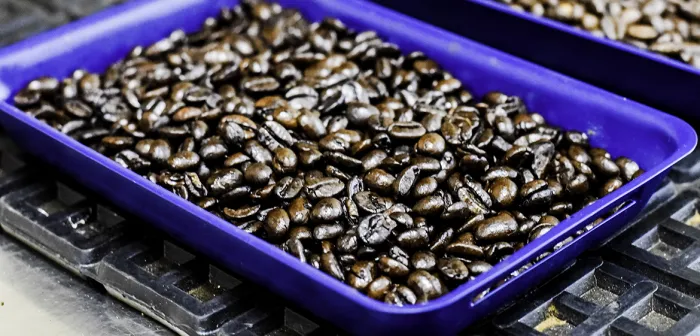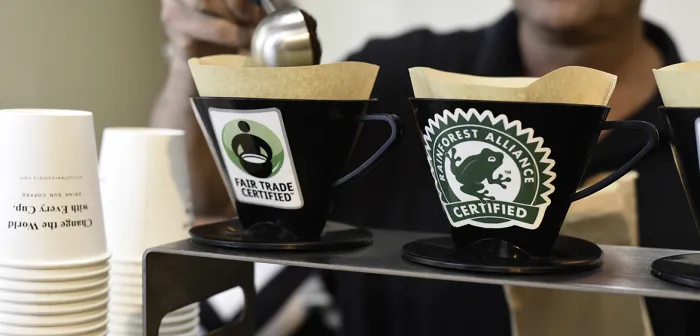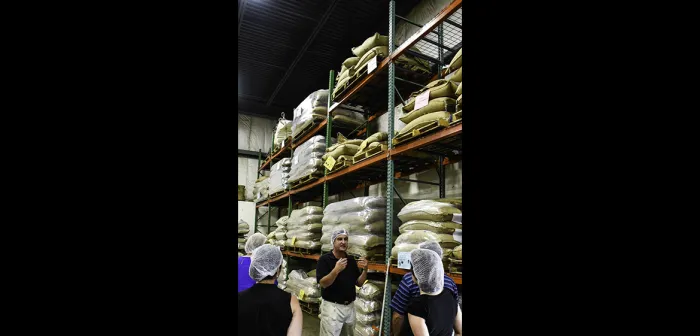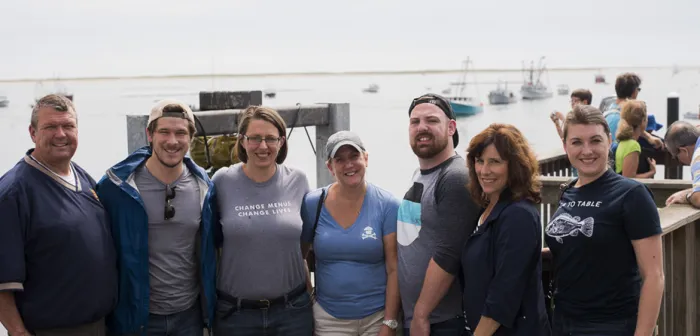Our Partners
Our Sustainability Partners
Smith is a proud supporter of CISA (Community Involved in Sustaining Agriculture), based in South Deerfield, Massachusetts, which strengthens local agriculture by building connections between farmers and the community. Learn more about the inspiring food providers that work with Smith to provide high-quality, local ingredients that incorporate sustainable practices.

Queen's Greens Farm
Amherst, Massachusetts
Green, fresh, and local—the staples of sustainable produce. This is exactly what we look forward to receiving when we pick up from Queen’s Greens in Amherst. A proud, certified organic partner, farmers at Queen’s focus their time and energy on meeting Good Agricultural Practice (GAP) standards through the Commonwealth Quality Program. This means that through every stage—from washing to packaging to final delivery—Queen’s Greens assures no cross-contamination. Growing to order and selling their gourmet baby spinach, lettuces and arugula to universities and restaurants across the Pioneer Valley, this wholesale operation is green through-and-through, from product to practice.
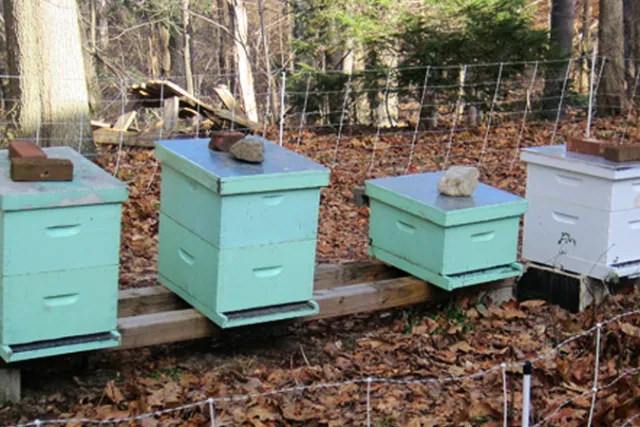
Red Barn Honey
Northampton, Massachusetts
Bees need job security. Climate scientists know it and so do we in Smith Dining Services. Thankfully, Dick Connor and Beth Goldstein have established Red Barn Honey, our sweetest source of raw honey here at the college. With several apiaries and hives remotely located around the Connecticut River, this family-run business has given a greater market to an integral part of our web of life. Through removal of heat and filter treatment of their product, along with an integrated pest management system, the two hope to inspire consumers to appreciate one of nature’s oldest treats.

Red's Best
Boston, MA
The health of the New England economy and the state of our oceans rely heavily on where and how fish are caught. This is why traceability, specifically in the seafood industry, is so vital in our efforts to observe environmental stewardship. Since 2006, Red’s Best has been paving the way in seafood traceability, and while they may not be the only vendor we source from that does this, they are certainly one of the more innovative. Aggregating seasonally caught, fresh fish from more than 1,000 New England vessels, Red’s specializes in offering the Northeast fishing fleet a viable market for their products. Stepping straight onto the dock for import, fisherman that sell to Red’s will log the species and its catch location so that wholesale consumers like Smith can track in real-time where fish come from each day. Population densities and mating seasons are thoroughly accounted for and are reflected in Red’s seasonal changes in available products. Owner Jared Auerbach has made a career of working with fishermen to honor environmental regulations, restricting unnecessary bycatch and even creating a market for invasive species, like the Maine periwinkle. In this way, the company is able to focus not only on the traceability of our food, but also of their impact on New England coastal waterways and the Atlantic.

Sidehill Farm
Hawley, Massachusetts
Yogurt lovers rejoice! For those that enjoy Smith College’s organic selection from Sidehill Farm, there’s a whole lot more to celebrate than just its natural ingredients. Navigating through the farm, one may notice that the herd of Jersey and Normande cows do not wear number tags. That’s because farmers Amy Klippenstein and Paul Lacinski know them each by name! For these dairy farmers, creating a relationship with the animals is the first step in making a better quality product and garnering a greater appreciation for resources, while ensuring humane animal treatment. The second step comes from fortifying the health of the pasturelands. This entails the proper rotation of grazing sections, planting annuals like rye grass that provide diversity and stability, and letting the cows trample trimmings and manure to naturally till the soil. Sidehill’s choice in Jersey and Normande cows means a smaller carbon footprint, more quality milk with less grass consumed, and subsequently lower water and land usage.
Sun Coffee Roasters
Plainville, Connecticut
At Sun Coffee Roasters, "waking up with the sun" means more than just enjoying a good morning cup of joe. One coffee plant requires four months of picking labor to yield one pound of coffee. The coffee entrepreneurs at Sun believe that appreciating their farmers in Central and South America is paramount to growing a responsible business with unshakeable partnerships. That’s why Keith Lemnios has dedicated energy to maintaining fair-trade standards for his coffee suppliers, providing equitable benefits in pay and opportunities for family education. Lemnios and his team have made trips to areas like Jinotega, Nicaragua, to personally meet and thank the unsung heroes who pick, clean and send us our coffee beans. In addition to protecting farmers, Sun also seeks to protect the environment through its rainforest and fair-trade certification. Each day, the business makes decisions to move toward carbon neutrality. Sun believes in making its products a conduit for neighborly love and environmental stewardship.

Winter Moon Roots
Hadley, Massachusetts
For Michael Docter, the path toward sustainable food systems is forged in darkness ... and is carried by bike. Winter Moon Roots’ hearty supply of carrots, turnips and related winter roots is completely organic and grown in facilities that use electricity drawn entirely from solar arrays. Owner of the company, Docter has made a name in cutting-edge, sustainable business design. One attribute in particular is the business’ fastidious use of cargo bikes to transport more than 25,000 pounds of vegetables each year. Over the course of decades of farming experience, his organization has helped to serve not only Smith College, but also countless of households across the valley that are in need of food. Winter Moon Roots has fortified partnerships with Whole Foods, The Food Bank and River Valley Co-Op with the goal of pioneering carbon-neutral agriculture. Smith is happy to provide its students with healthy, premium winter roots throughout the year, knowing that this organization is not only local, but a shining example of a promising future in food systems.
